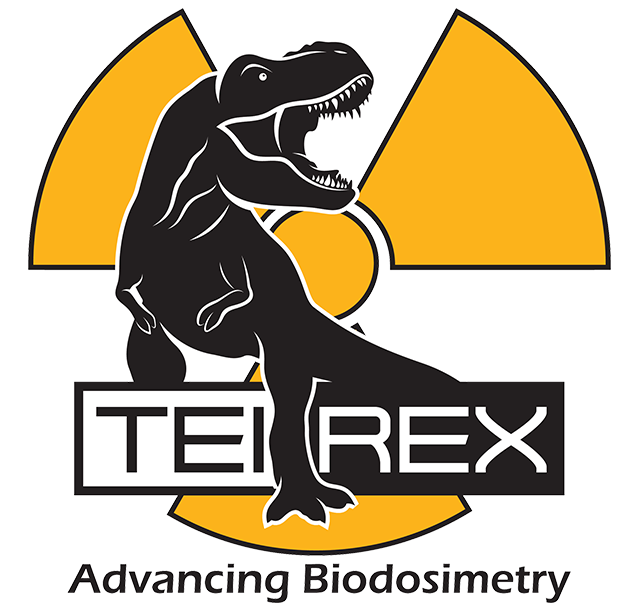Intelligence Value
The Intelligence Community (IC) seeks methods for evaluating individuals and/or organisms exposed to low doses, potentially as low as 5cGray, of ionizing radiation. The methods anticipate that biomarkers discovered and models developed will leverage samples which can be collected minimally or non-invasively, to include hair, skin, sweat, and microbiome. TEI-REX will enable the IC to improve its awareness of intentional or accidental exposure events, improve protection of government personnel and uniformed service members, and support counter-proliferation efforts involving radiological material to further improve national and global security concerns.
Summary
The TEI-REX program aims to establish non-invasive capabilities to evaluate low-dose exposure events through the evaluation of biological materials (i.e., low-dose biodosimetry). Current biodosimetry approaches are constrained by the requirement for invasive and/or serially collected samples, dependence on transient markers, limited effective sample collection windows, and/or focusing heavily on high-dose and high-throughput triage capabilities. The TEI-REX program will target research for the discovery of robust and quantifiable biomarkers which enable novel capabilities to overcome these limitations.
The TEI-REX program was launched in August of 2022, with four teams pursuing an array of biomarker discovery research approaches. The 42-month effort will investigate non-transient biomarkers that inform exposure assessment for ionizing radiation. Signatures detectable within 25 days and greater than 90 days post-exposure are expected to be discovered and validated. The program initially focuses on discovery of robust biomarkers associated with higher dose exposures, 1 to 4Gy, while driving research towards lower-dose biomarker discovery. These biomarkers can be associated with skin, hair, microbiome, or other body fluids accessed by the skin. At the end of the program, it is expected that viable biomarkers will be identified, detection approaches will be established, and biodosimetry models will be trained with a high degree of precision and accuracy when tested against.


